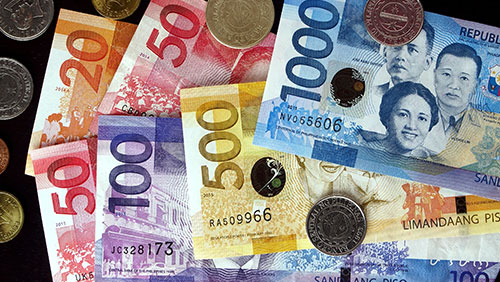The International Monetary Fund has lauded the Philippines for enacting a law that will stem the flow of illicitly obtained cash in casinos.
 In a statement, the IMF commended the Philippines after President Rodrigo Duterte signed Republic Act (RA) No. 10927 in July, paving the way for the inclusion of gambling operators – land-based, online, and shipboard – as well as junket operators as ‘covered persons’ under the country’s Anti-Money Laundering Act (AMLA).
In a statement, the IMF commended the Philippines after President Rodrigo Duterte signed Republic Act (RA) No. 10927 in July, paving the way for the inclusion of gambling operators – land-based, online, and shipboard – as well as junket operators as ‘covered persons’ under the country’s Anti-Money Laundering Act (AMLA).
“The [IMF] welcomes the recent amendment to the AML law to include casinos,” the IMF said.
The international lender, however, pointed out that “the AML/CFT framework could be strengthened further by amending the bank secrecy law and making tax evasion a predicate crime.”
In 2013, the Financial Action Task Force removed the Philippines from the list of vulnerable jurisdictions or the so-called “grey list” as it recognized the country’s effort against dirty money.
The group, however, enjoined the Philippines to “work with the [Asia Pacific Group on Money Laundering] as it continues to address the full range of AML/CFT issues identified in its Mutual Evaluation Report, in particular, regulating the casino sector in the Philippines for AML/CFT purposes and making it subject to AML/CFT requirements.”
At first, Philippine lawmakers were reluctant to include casinos under the AMLA due to the country’s desire not to impede the growth of its new integrated resort industry.
But their position on the issue took a 180 degree turn after the 2016 Bangladeshi bank heist – in which $81m of stolen cash was funneled through the Philippine gaming industry.
Under the amended AMLA, gaming operators must now report any single casino cash transaction that involves an amount of more than PHP5 million (US$100,000) or its equivalent in any other currency.
Last month, the AMLC issued a 23-page implementing rules and regulations that will require casinos to put in place “sound risk management policies” to stem the flow of illicitly obtained cash.